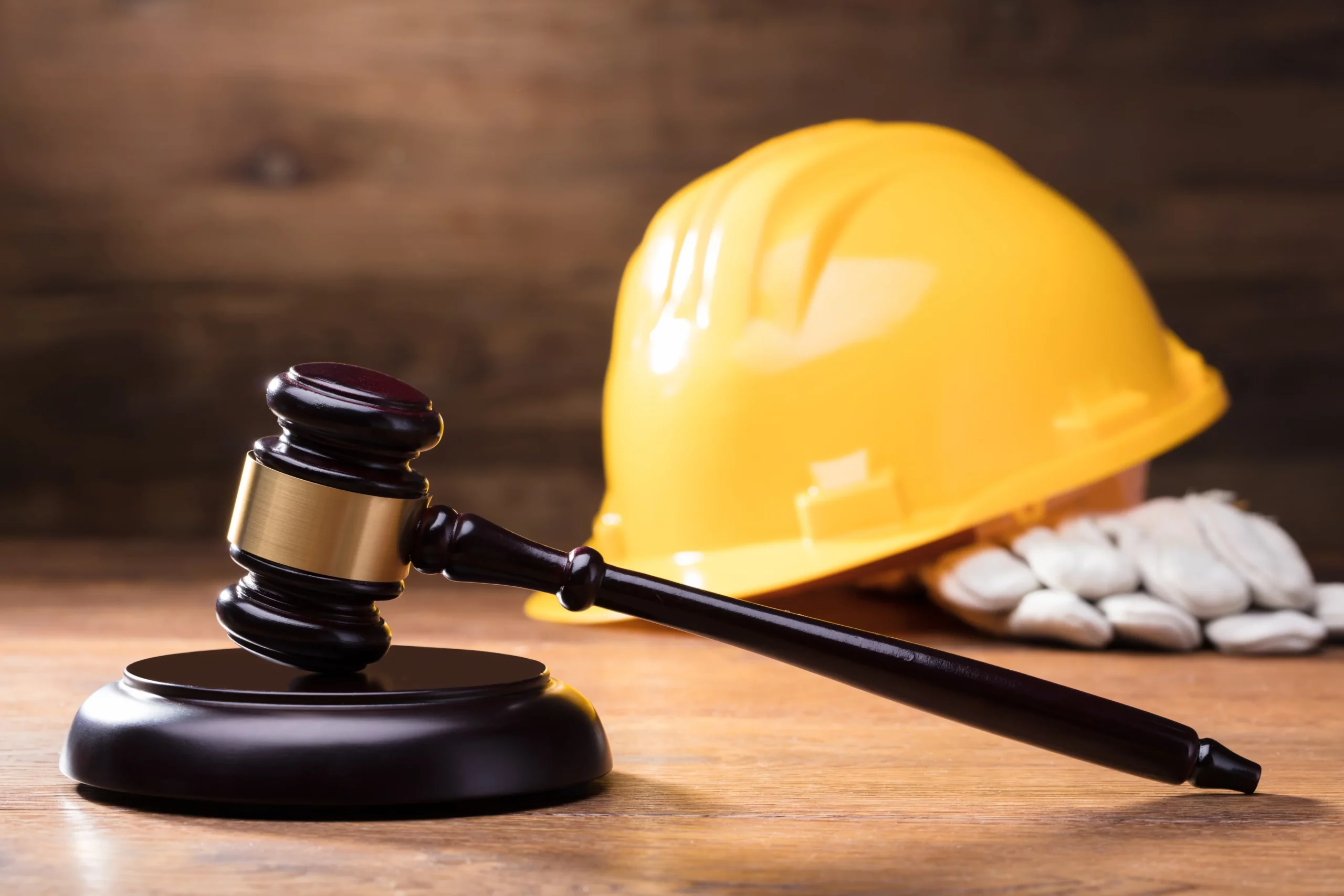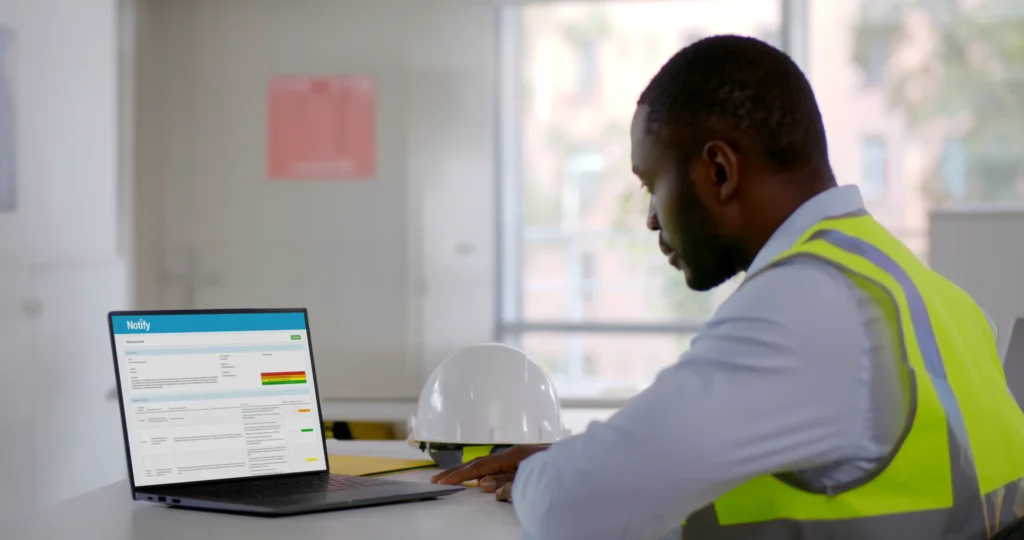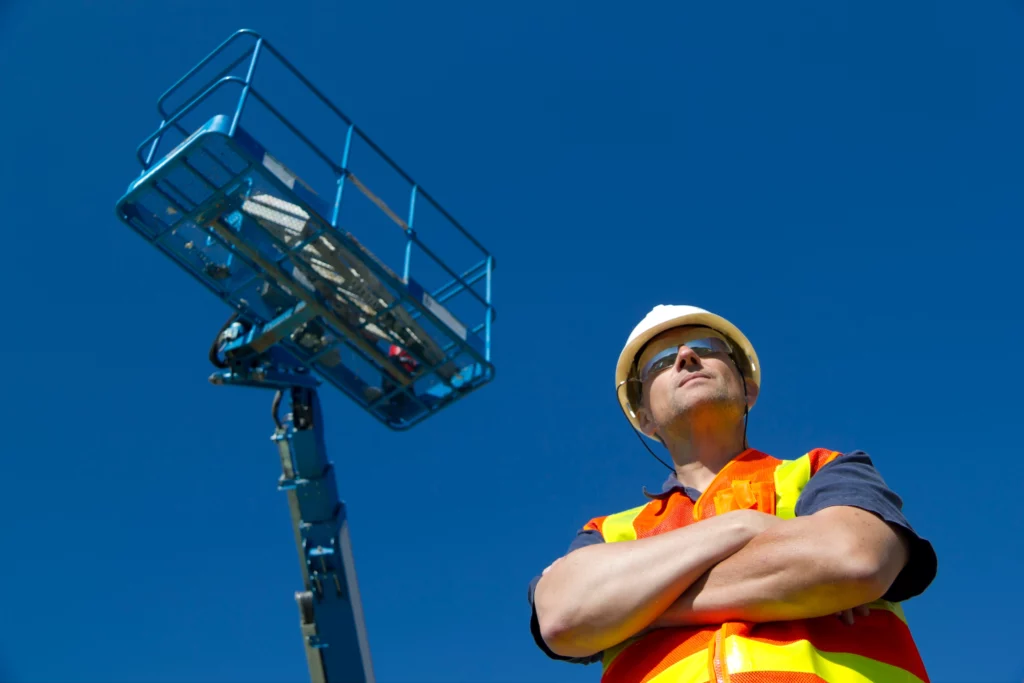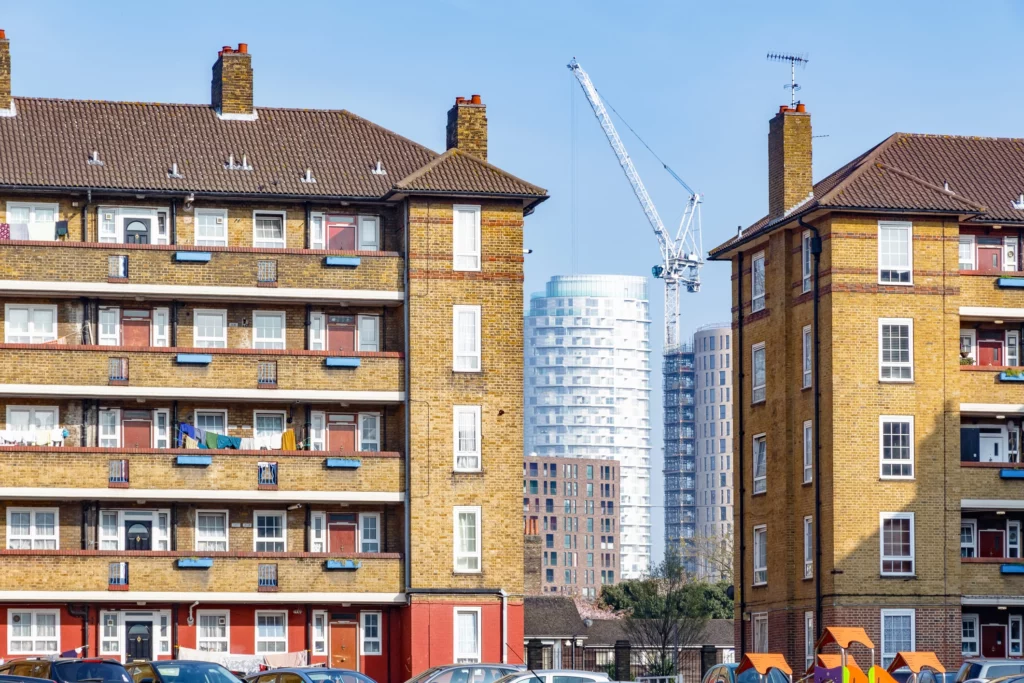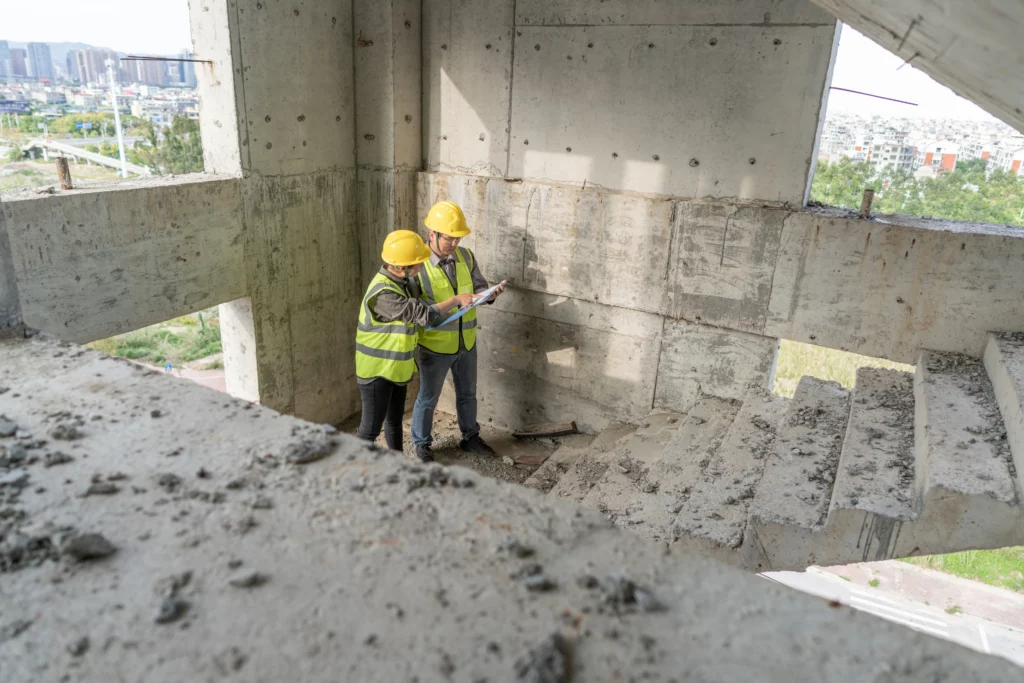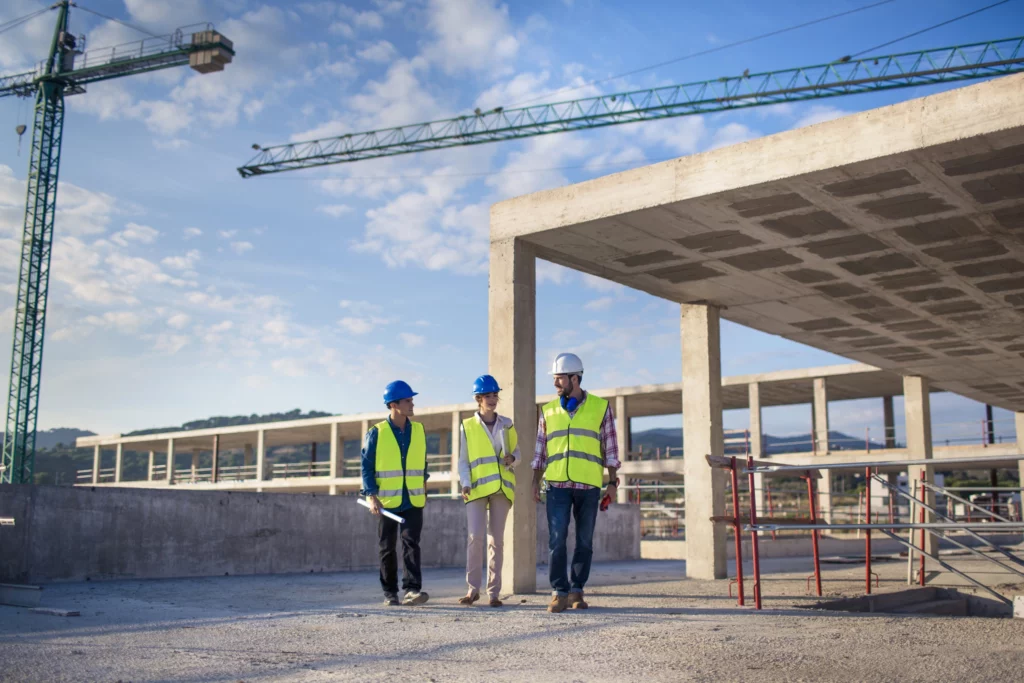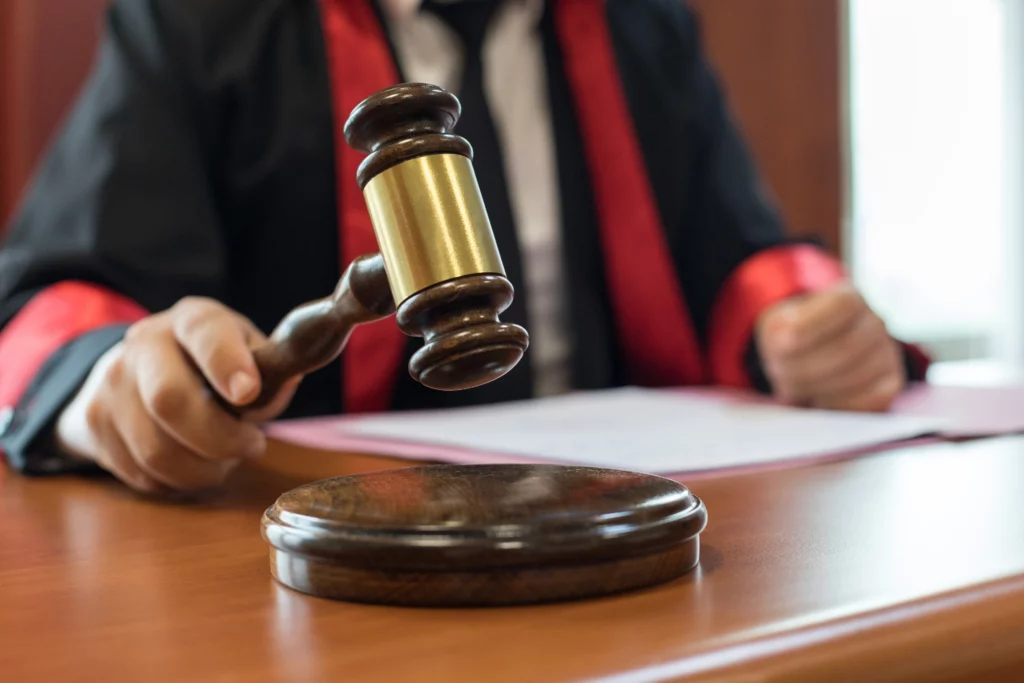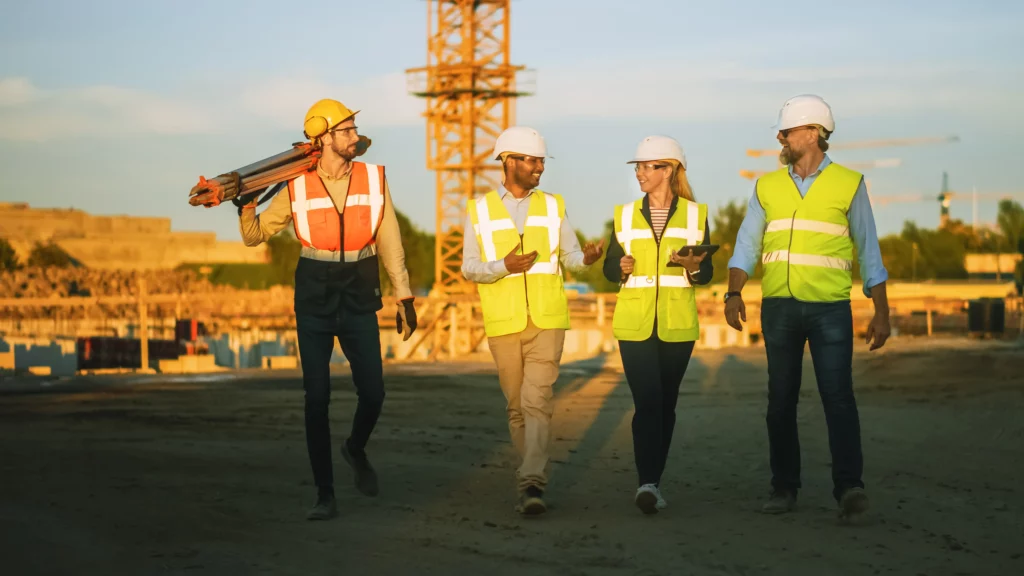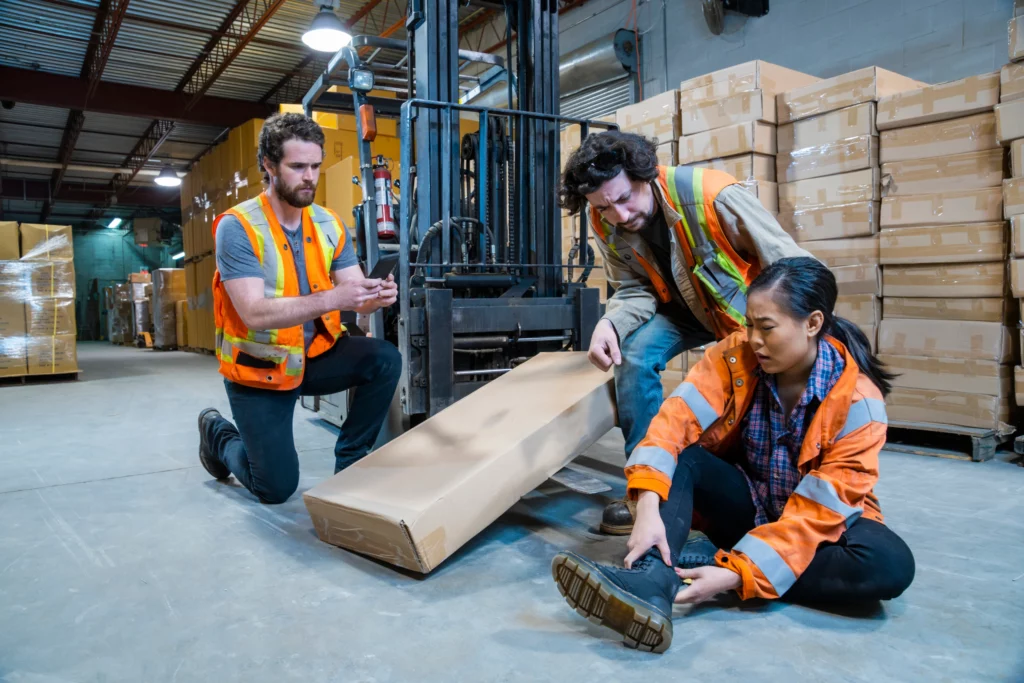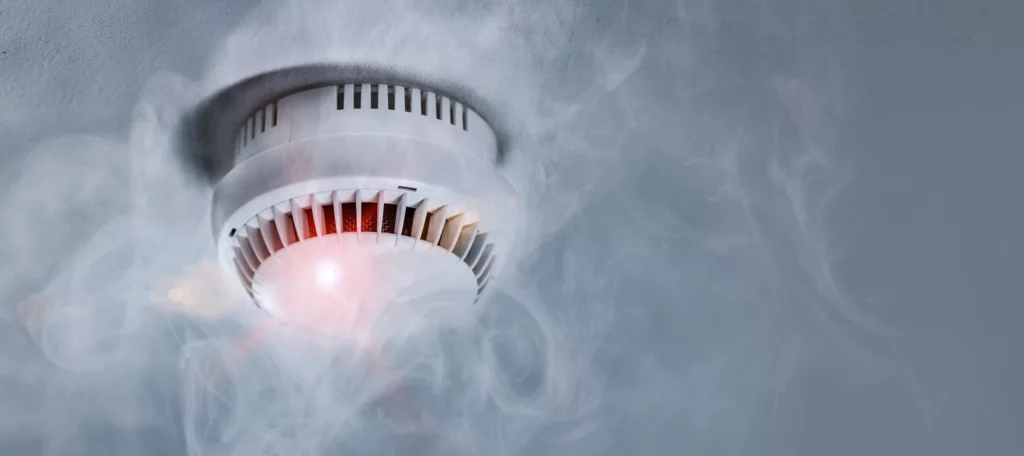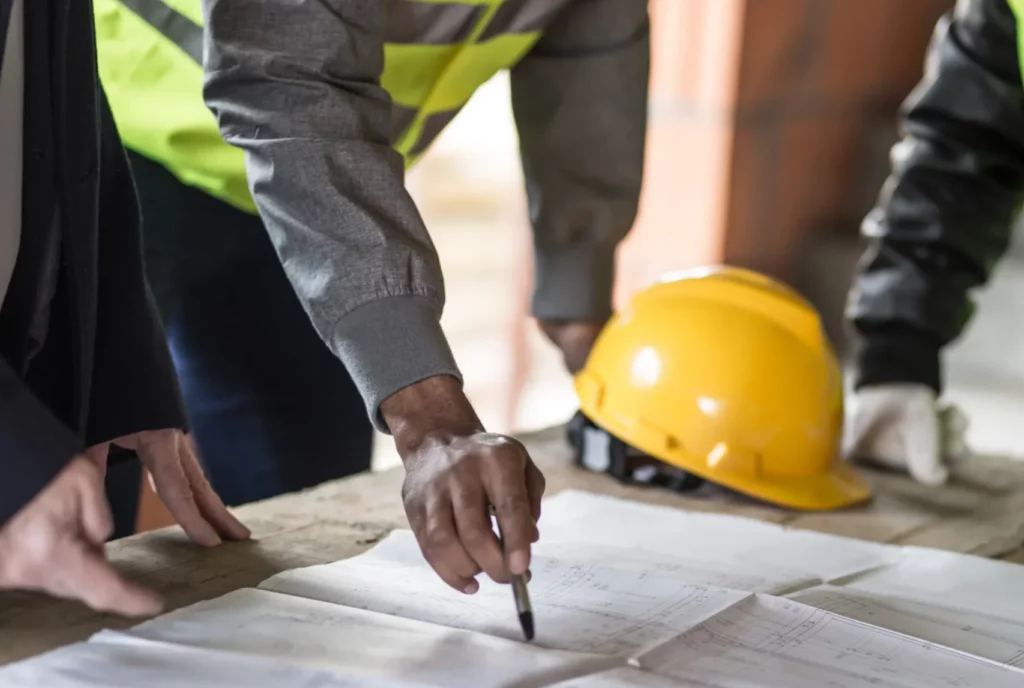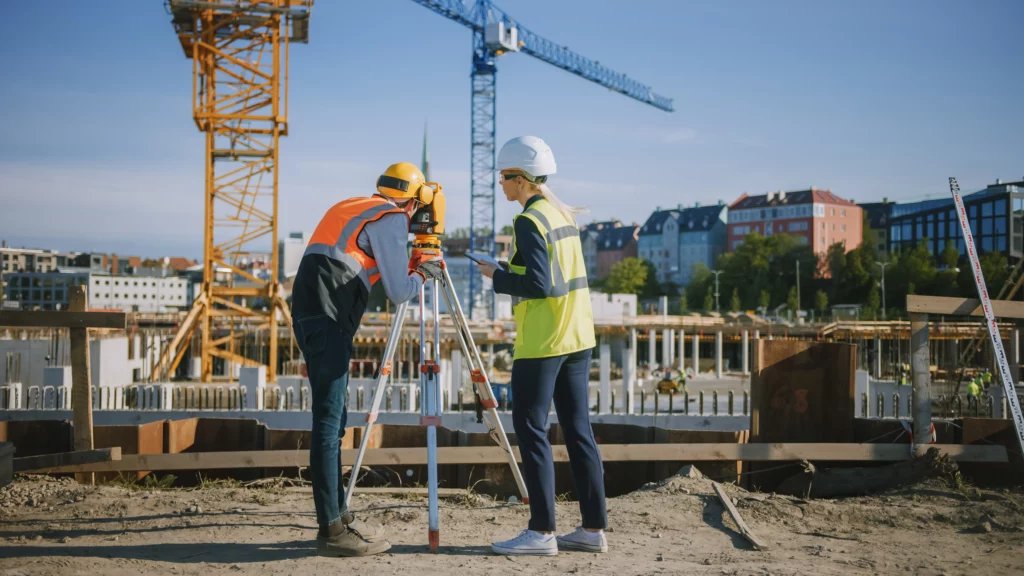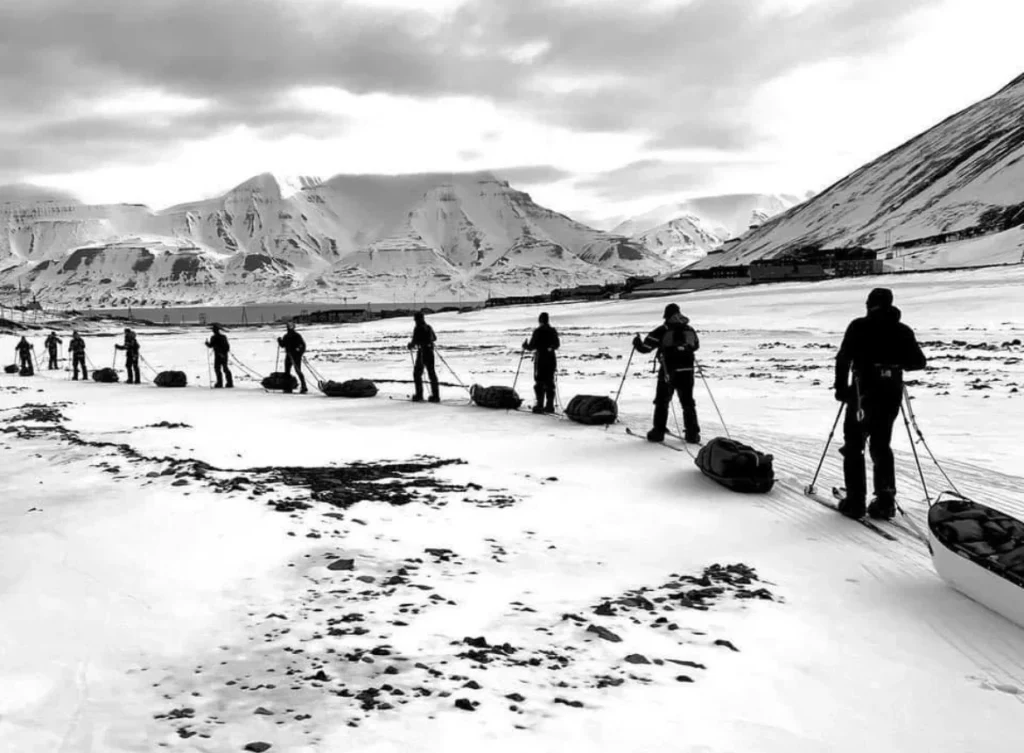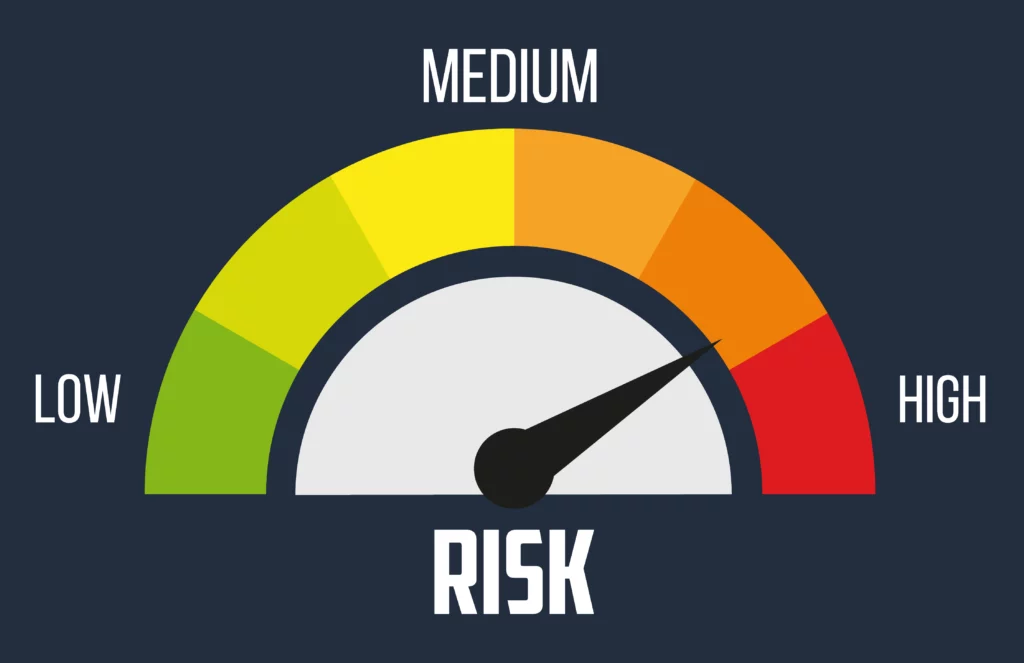I’m sure all of you will know that the Health and Safety Executive (HSE) and Local authorities (LAs) are responsible for enforcing health and safety legislation – although where a workplace fatality occurs, investigations are led by the police; their powers will need a separate blog!
In the UK, regulators’ enforcement and investigative powers come from the laws they enforce – so for HSE/LAs, we need to look principally at HASWA74. However, Inspectors also enforce Working Time, some Food and Environmental, Electricity, Fire Safety and Chemicals laws too so one of the first things you need to ask a regulator is – “on what statutory basis are you purporting to exercise powers?” – i.e., what are you enforcing here?
HASWA74 section 20 is almost always the basis of HSE/LAs investigations and enforcement – actions that are generally exercised following an accident or incident.
Inspectors appointed under section 19 HASWA can:
- Enter any premises they think necessary for the purposes of enforcing HASWA etc. They can only enter at a “reasonable time”, unless they think there is a dangerous situation. If they have “reasonable cause” to think they may be obstructed, they can take a police officer with them – then “reasonable force” can be used;
- Order areas to be left undisturbed, take measurements, photographs and recordings, take samples and possession of and carry out tests on anything that appears to have caused (or is likely to cause) danger;
- Require the production of relevant documents and inspect and take copies of them;
- Require anyone they think might give them relevant information to answer questions and sign a declaration of the truth of the answers;
- Require facilities and assistance; and
- Seize and make harmless (by destruction if necessary) anything they believe may cause an imminent danger of serious personal injury.
It’s a formidable array – the one in italics amounts to a “power to compel” questions to be answered, something not even the police can do. It’s an offence to refuse to answer or to provide inaccurate information – but no answer given in response to such a request can be used against that person in any subsequent proceedings. If HSE want to use answers, the person must be “cautioned” (i.e., “you do not have to say anything, but it may harm your defence if you fail to mention something when questioned which you later rely on in court; anything you do say can be given in evidence”).
It follows that Inspectors can also conduct interviews “under caution”. Any evidence obtained during these interviews can be used against the person/organisation being interviewed in subsequent proceedings. These interviews must be conducted under the Police and Criminal Evidence Act 1984 in the same way as police interviews – NEVER agree to participate in an interview under caution without legal advice.
If you don’t cooperate with the HSE/LAs’ requests, you can be prosecuted for obstruction.
You will be managing your H&S risk effectively with Notify, so you will know exactly where your “relevant documents” are and will be well-positioned if an accident happens BUT if there is a knock on the door – our top tip is to urgently seek specialist legal advice!
How can Notify help you?
Work with us to digitise your health and safety workflows, putting you on the front foot at all times and ensuring it is not an area that is holding your business back. Book your demo with the team to find out how we can help your business.
See the whole blog series below:
Planning for the worst: The key components of a crisis management plan.
Entry, search and seizure: Who are the regulators and what are their powers?
Dealing with health and safety investigations
Interviews under caution – Part 1, What are they? and Part 2, Why do they matter?
Enforcement options: What can regulators do if they find a breach? – Part 1, Cautions and Part 2, Prosecution
The end game: health and safety sentencing – Part 1, Culpability and Harm and Part 2, The Pounds and the Pennies.
